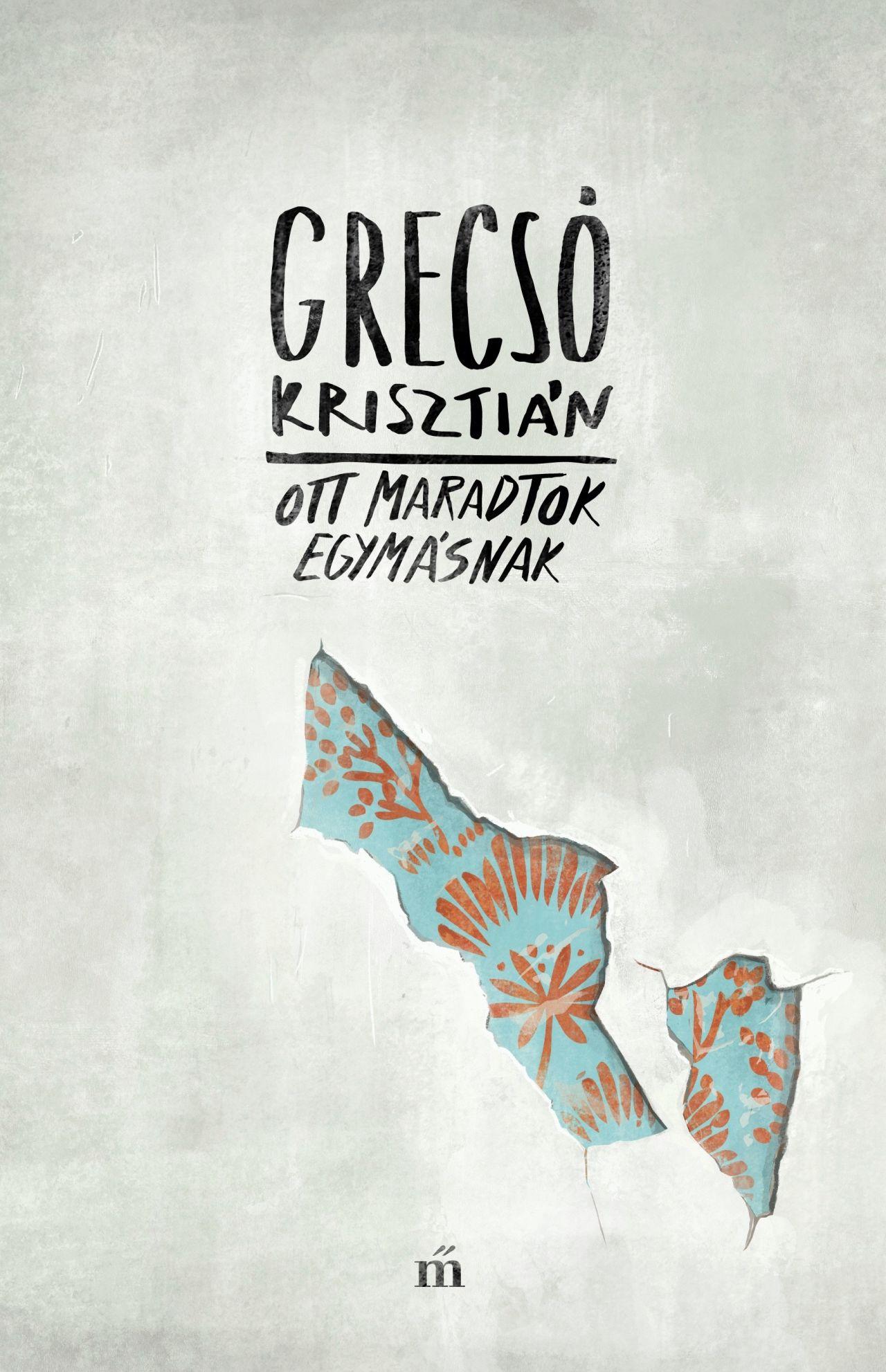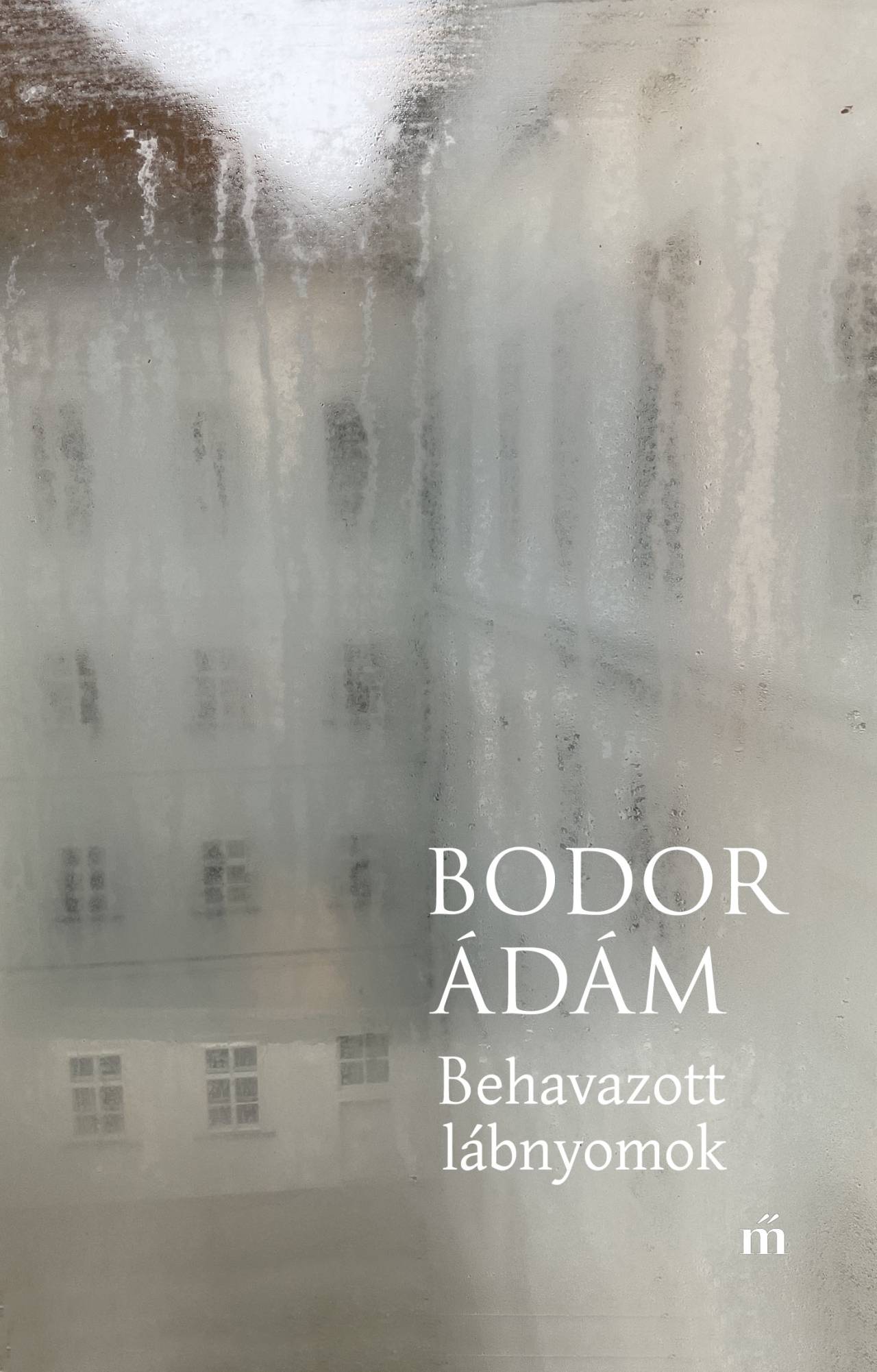Kis, Pál. 2016. Csillaggal nem jó járni most. Kis Pál budapesti fényképész naplója 1944. október-december ('Better Not Walk around with the Star Now - the Budapest Diary of Pál Kis between October and December 1944'). Foreword by Pál Závada. Budapest: Magvető. 128 pp. Photos; Fenyves, Katalin and Marianne Szalay, eds. 2015.
A holokauszt és a családom ('The Holocaust and My Family'). Budapest: Park Könykiadó. 492 pp. Photos.
Reviewed by Ildikó Szántó*, Independent Scholar
Pál Kis’s Csillaggal nem jó járni most ['Better Not Walk around with the Star Now'] is the diary of a man who did not survive the Holocaust of Hungarian Jews; and as such it stands in contrast to A holokauszt és a családom ['The Holocaust and My Family'], a collection of Holocaust micro-histories of first-, second- and third-generational families originally posted on the Facebook site of a group of such families. Both these documentary books delineate the tragic fate of Hungarian Jews in the final months of 1944. The foreword to the Diary of Pál Kis by Pál Závada, the well-known contemporary Hungarian novelist, transports the reader to the Budapest of October 1944 as Závada describes the close surroundings of Kis and appraises him as an outstanding photgrapher (9-17). The Diary of Kis traces the weeks between mid-October and early December 1944 in the author's life. Following the Arrow Cross putsch on October 16, Kis, then a renowned Budapest photographer, was conscripted into forced labor-service in the Hungarian army. In his diary he describes in detail the conditions of the service and the various places where men like himself, mostly over the age of fifty and some seriously ill, were ordered to dig trenches without any food or drink from three in the morning until evening. The brutality of the gendarmes made it almost impossible to escape: "…if someone ventured out for half a meter from the line, where we had to cover each other, the rifle butt, the boot-heel, the brutal fist found its way to push him back into the line…" ['…ha félméternyire kimerészkedett valaki a sorból, ahol egymást fedezni kellett, már dolgozott a puskatus, csizmasarok, a durva ököl, mely befelé a sorba taszított…'] (61).
At one point Kis escapes from his unit, yearning to return to his home, but he realizes that this would be far too dangerous as his house is one of the two thousand "Yellow-Star Houses," in which Jews have been forced to live since June 17 of the same year (Braham, The Politics of Genocide: The Holocaust in Hungary; New York: Columbia UP, 1981, vol. II, 1212). Therefore, all he can do is describe how, while riding by his house in a tram (itself a dangerous activity, given his situation), he dares only to look at the plaque with his name on the house door, hardly believing that he and the man carrying this name are really one and the same:
…I was watching my signboard from the tram, the thin, elegant letters with a low profile: "photographer, Pál Kis"… and the tram was taking me, ragged, sick, shattered… One cannot suppose even with the best intention, that this man is Pál Kis, who received the most prestigious award in 1925, the first master craftsman in Hungary who received several gold medals and awards from abroad…
[…És a villamosról néztem a cégtáblámat, a vékony betűs, elegáns, minden feltűnést kerülő feliratot: “fotó Kis Pál"... és vitt a villamos toprongyosan, betegen, lelkileg összetörve…A legjobb akarattal sem lehetne rólam feltételezni: ez az a Kis Pál, aki Magyarországon 1925-ben a legnagyobb díjat nyerte, ő volt az ország első koszorús mestere – és több aranyérmet, diplomat, külföldí díjakat…] (64).
[...]
Full article » Hungarian Cultural Studies. e-Journal of the American Hungarian Educators Association, Volume 10











